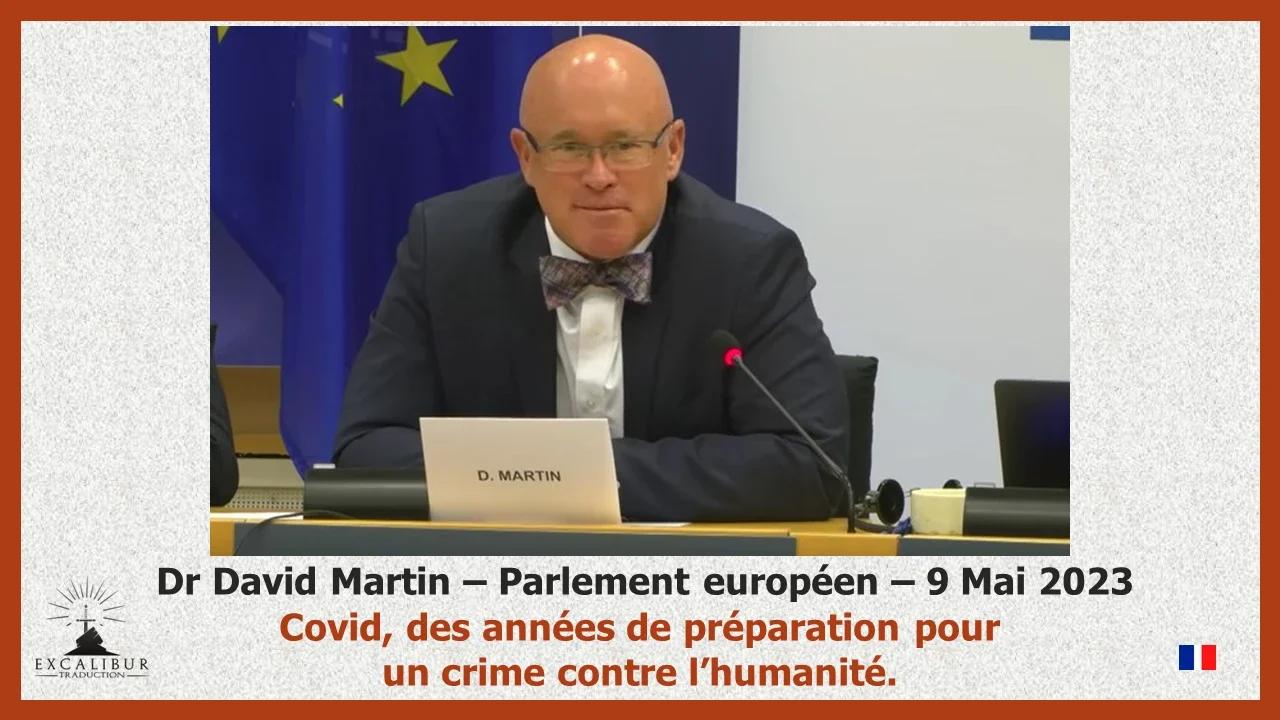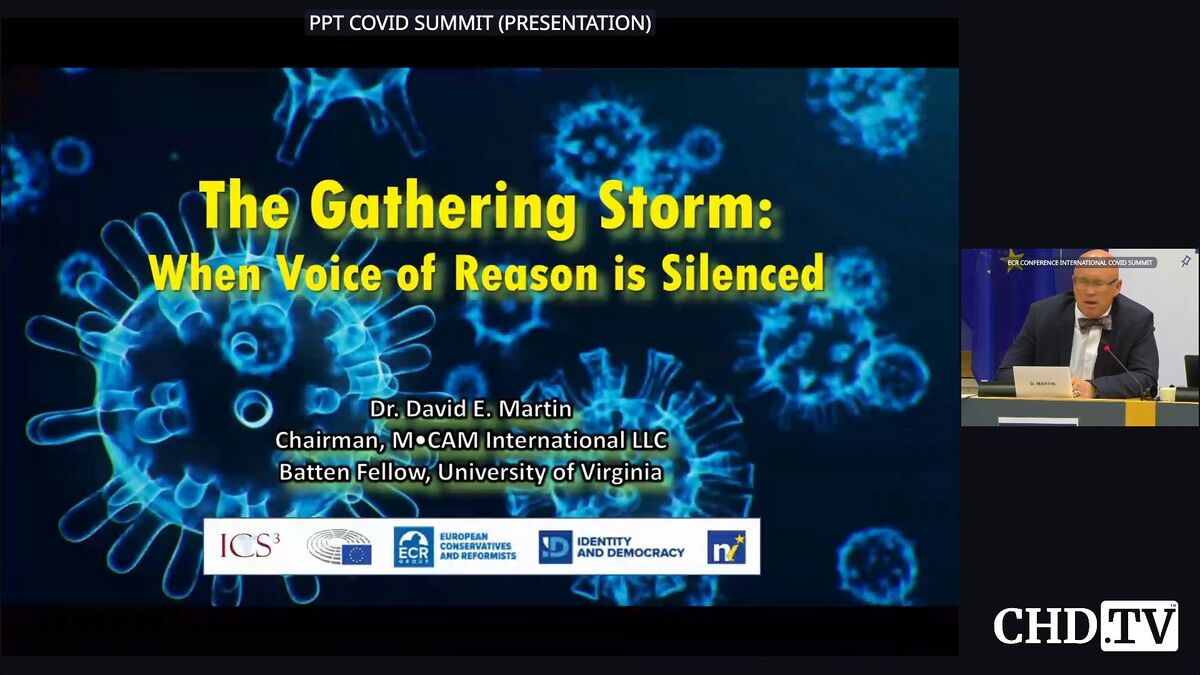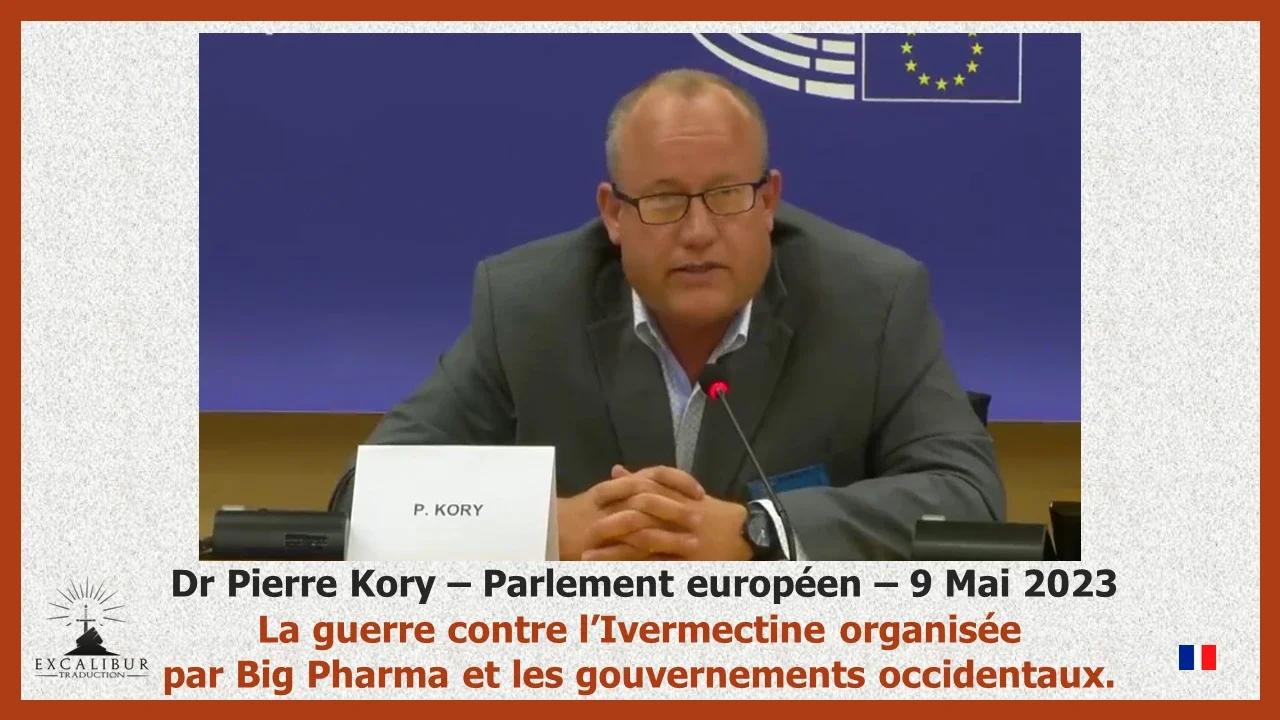PERLOU
The Living Force
Les " cousins germains ".
Après la chute de la France, en juin 1940, l'Angleterre a bien failli faire la paix avec le IIIe Reich et accepter le partage du monde qu'Hitler lui proposait depuis son arrivée au pouvoir. Nul doute qu'alors l'issue de la guerre eût été tout autre.
En parvenant, sur le fil, à faire échouer ce plan, Churchill n'a pas seulement triomphé des anciens partisans de l'" apaisement ", regroupés derrière son prédécesseur Neville Chamberlain, l'homme des accords de Munich. Les forces qu'il a vaincues in extremis s'activaient depuis deux décennies, tantôt dans l'ombre, tantôt au grand jour, pour répudier l'ancienne " Entente cordiale " entre Londres et Paris au profit d'un accord géopolitique global avec l'Allemagne : à cette dernière, la direction politique du continent, assortie d'une intégration économique et financière poussée avec le monde anglo-saxon ; à l'Empire britannique, un leadership écrasant sur le commerce mondial.
Ce rêve n'a pas seulement été poursuivi par de nombreuses figures de l'aristocratie britannique, sans parler d'une partie de la famille régnante, fidèle à ses origines allemandes – à commencer par le roi Édouard VIII, authentiquement nazi. Largement partagé, il avait pour chef de file le gouverneur de la Banque d'Angleterre en personne, Montagu Norman, et ses adeptes se recrutaient dans tous les secteurs de l'opinion, syndicats compris.
Quant à Hitler lui-même, c'est peu dire que sa fascination pour l'Angleterre était inséparable de sa doctrine raciste. Cette dernière fut forgée au contact d'un idéologue britannique, Houston Stewart Chamberlain, considéré par les nazis comme leur second " prophète ".
Écrite d'une plume alerte et riche de nombreuses révélations, voici l'histoire inédite et prenante de ces liaisons dangereuses qui faillirent changer la face du monde et perdurèrent jusqu'à la chute du IIIe Reich.
"First cousins".
After the fall of France in June 1940, England came very close to making peace with the Third Reich and accepting the division of the world that Hitler had offered it since coming to power. There is no doubt that the outcome of the war would then have been quite different.
By managing, on the edge, to defeat this plan, Churchill not only triumphed over the old supporters of "appeasement", grouped behind his predecessor Neville Chamberlain, the man of the Munich agreements. The forces he defeated in extremis had been active for two decades, sometimes in the shadows, sometimes in broad daylight, to repudiate the old "Entente cordiale" between London and Paris in favor of a global geopolitical agreement with the Germany: to the latter, the political direction of the continent, together with a thorough economic and financial integration with the Anglo-Saxon world; to the British Empire, overwhelming leadership in world trade.
This dream was not only pursued by many figures of the British aristocracy, not to mention a part of the ruling family, faithful to its German origins – starting with the authentically Nazi King Edward VIII. Widely shared, it was led by the Governor of the Bank of England in person, Montagu Norman, and its followers were recruited from all sectors of opinion, including trade unions.
As for Hitler himself, it is an understatement to say that his fascination for England was inseparable from his racist doctrine. The latter was forged in contact with a British ideologue, Houston Stewart Chamberlain, considered by the Nazis as their second "prophet".
Written with an alert pen and rich in many revelations, here is the unpublished and gripping story of these dangerous liaisons which almost changed the face of the world and lasted until the fall of the Third Reich.
Sur Cnews, hier soir Eric Branca face à Bockcote à partir 26.10 mn






